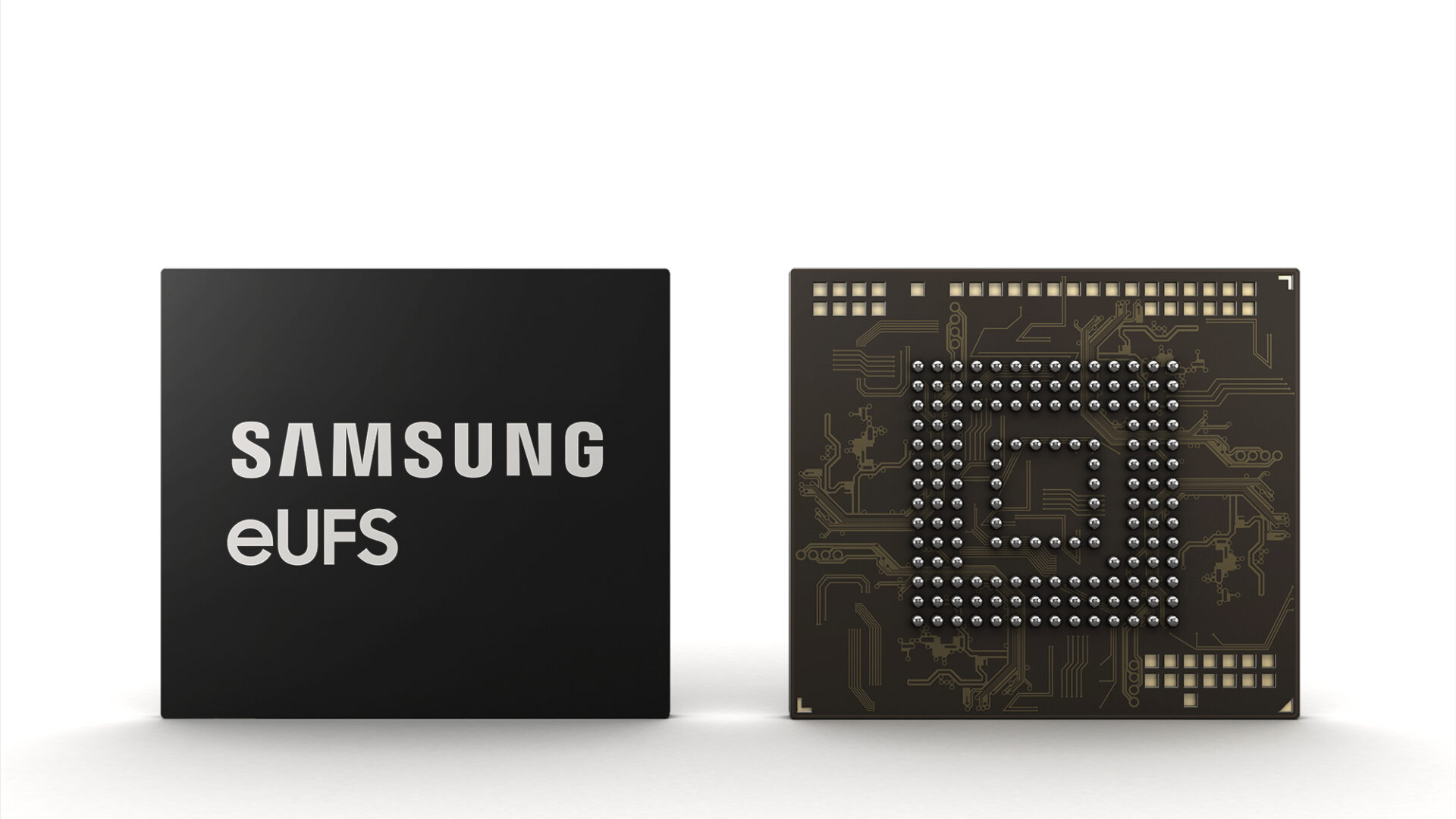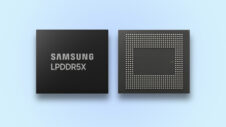Samsung Electronics' 512GB eUFS 3.0 solution has become the first mobile memory in the industry to be awarded the Carbon Footprint and Water Footprint Certifications from Carbon Trust, an independent, UK-based non-profit organization that's on a mission to push various industries into sustainability by reducing carbon emissions and water usage throughout the production cycle.
Samsung's eUFS 3.0 solution is inherently more sustainable
One of the greater advantages of Samsung's fifth-gen V-NAND memory technology is that it allows eUFS 3.0 storage to be more power-efficient while boasting twice the capacity of eUFS 2.1 based on fourth-gen V-NAND. By using a unique etching technology, Samsung can create chips that are 25% smaller and pack nearly two times more stacked layers compared to fourth-gen V-NAND.
The benefits of this technology, however, are not limited to better performance. The manufacturing process of each fifth-gen V-NAND cell layer requires fewer resources and minimizes the overall increase in carbon and water footprints. Therefore, Samsung's 512GB eUFS 3.0 storage has been recognized as the most sustainable solution in the industry. Its environmental footprint consists of 0.31m3 H2O and 13.4Kg CO2, which is comparable to the level of CO2 that would be absorbed by two 30-year-old pine trees over the course of one year.
Aside from the award given by Carbon Trust, Samsung also received Environmental Product Declaration labels from the Korean Ministry of Environment for its 1TB eUFS 2.1 and fifth-gen 512GB V-NAND solutions.
The award ceremony will take place at the British Embassy in Seoul, and Samsung said that it is going to continue and employ high-capacity premium memory solutions for “many more flagship smartphones” – the Galaxy S11 would be an easy guess – all the while aiming to strengthen its global partnerships with other OEMs.







